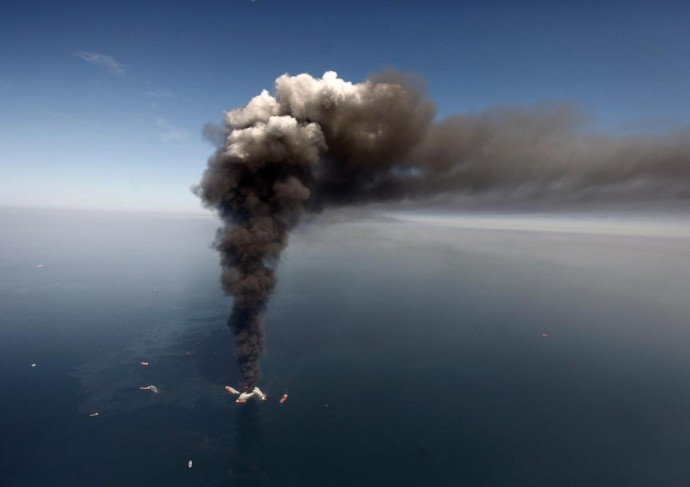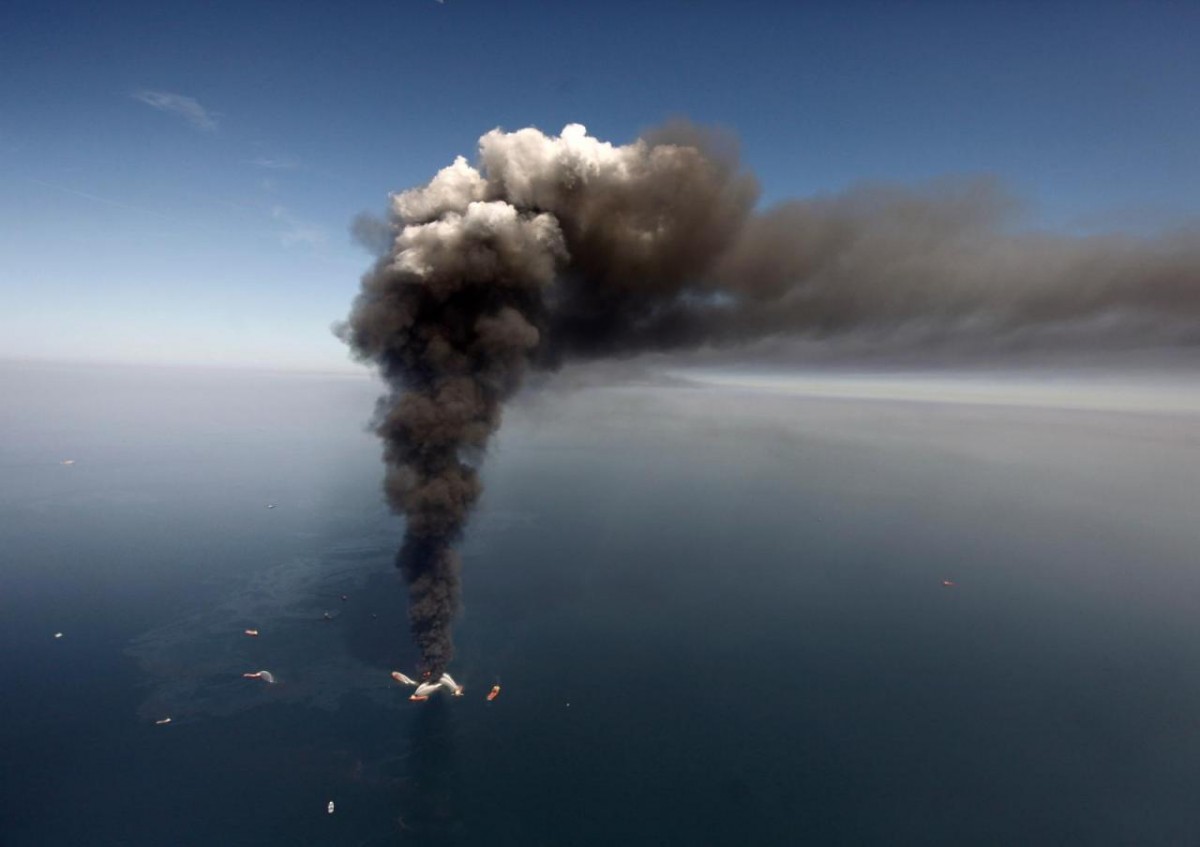
The Environmental Protection Agency and energy giant BP announced on Thursday that, effective immediately, the federal government has lifted its decision to ban the company from doing business with the U.S. government following a massive oil spill in the Gulf of Mexico in 2010.
The announcement that BP was once again eligible to contract with the U.S. government came less than a week before the Department of Interior is expected to start a new round of bidding for oil leases in the Gulf of Mexico on March 19.
Although the announcement only signalled BP’s eligibility to be considered for a contract, many believe that BP has already been awarded the contract in the eyes of the government, since the company is one of the biggest holders of leases in the Gulf of Mexico.
As part of the announcement, BP shared that it dropped its lawsuit against the EPA, in which the company was challenging the EPA’s decision to suspend its relationship with the energy giant.
Until Thursday, BP’s ability to bid on contracts with the U.S. government had been suspended since November 2012, after the world’s third-largest energy company entered a guilty plea in the Deepwater Horizon disaster. In April 2010, there was an explosion on BP’s drilling rig in the Gulf of Mexico, which killed 11 people and resulted in some 205 million gallons of crude oil being dumped into the water. Not only was this incident among the worst BP had ever experienced, it was also one of the worst environmental disasters in American history.
BP pled guilty to multiple counts of federal criminal violations and had to pay the U.S. Justice Department about $4.5 billion in fines, not including the amount of money the company spent trying to clean up the gulf and aiding those affected by the spill. The company was also debarred from receiving new leases in the Gulf of Mexico or Alaska.
In response to the EPA’s announcement, Rena Steinzor, president of the Center for Progressive Reform and law professor at the University of Maryland Carey School of Law, cautioned that the U.S. government’s decision to possibly partner with BP once again was a dangerous precedent that sends the message to the energy industry that “no matter how much harm you do, no matter how horrid your safety record, the feds will cut you some slack.”
Steinzor told MintPress News that “BP is a very large corporation and it has a certain personality that is very, very strong,” which she says is to “cut costs relentlessly in an effort to make its bottom line look better.”
BP is so concerned about its profits, Steinzor said, that it allows its facilities fall into disrepair.
“There is a very good book on this subject,” she said, “called ‘Run to Failure,’ and that is what they do — run everything into the ground. This mentality has killed people and caused terrible damage to the environment in this country.”
The EPA, however, seems to disagree.
“This is a fair agreement that requires BP to improve its practices in order to meet the terms we’ve outlined together,” EPA Assistant Administrator of Administration and Resource Management Craig Hooks said in a press release. “Many months of discussions and assessments have led up to this point, and I’m confident we’ve secured strong provisions to protect the integrity of federal procurement programs.”
While the EPA says BP will be required to retain an agency-approved, independent auditor to conduct an annual review and report on BP’s compliance with the EPA’s rules and regulations, Steinzor said there is no way of knowing if BP has “mended their ways” until they are doing business with the U.S. once again. “Only time will tell,” she said.
She also noted that while this is an unfortunate scenario, given that BP was only debarred for two years instead of five, the EPA is often forced to backtrack due to pressure from conservatives and political groups such as the Tea Party.
“They are saying regulation is why we are in trouble,” Steinzor explained, adding that a lack of regulation in the banking sector is the real reason the U.S. is in trouble.
Instead of focusing on how unusual this case is, Steinzor said it’s important for the public to realize and “focus on how BP has run rampant in the U.S.” She gave three examples of unethical or irresponsible behavior on BP’s part, not only in the Gulf of Mexico, but also in Alaska and Texas, saying that the company has proven over and over to be “amazingly incompetent” and “drunk on risk.”
“[BP] takes amazing risks with people’s lives and the environment,” Steinzor said. “I think they are sort of like bad boys and we are unable to discipline them.”
Part of the reason BP may be escaping its debarred fate early is political pressure put on the EPA not only by the U.S. government, but also by British Prime Minister David Cameron.
Steinzor told MintPress that the Cameron administration is concerned about whether BP is allowed to contract with the U.S. government or not, since British pension funds depend on the energy giant’s success. She further explained that the company’s biggest customer in the U.S. is the Defense Logistic Agency, which Steinzor said supplied about $2 billion worth of oil to the U.S. when it was fully deployed in Afghanistan a few years ago.
Steinzor is also suspicious about the U.S. government’s timing for taking BP off the debarred list. She pointed to lawmakers such as Sen. Mary Landrieu (D-LA), who released a statement applauding the decision to allow BP to make a bid on a contract.
“BP has rightly been held responsible in a court of law and should continue to make whole the individuals and businesses that were impacted by the oil spill, but barring them from entering new contracts on top of that amounted to double jeopardy and set a terrible precedent that I hope will not be repeated,” Landrieu said in the statement. “The good news is that BP will now be able to participate in next week’s lease sale that will bring much-needed revenue to Louisiana and other oil-producing states along the Gulf Coast.”


